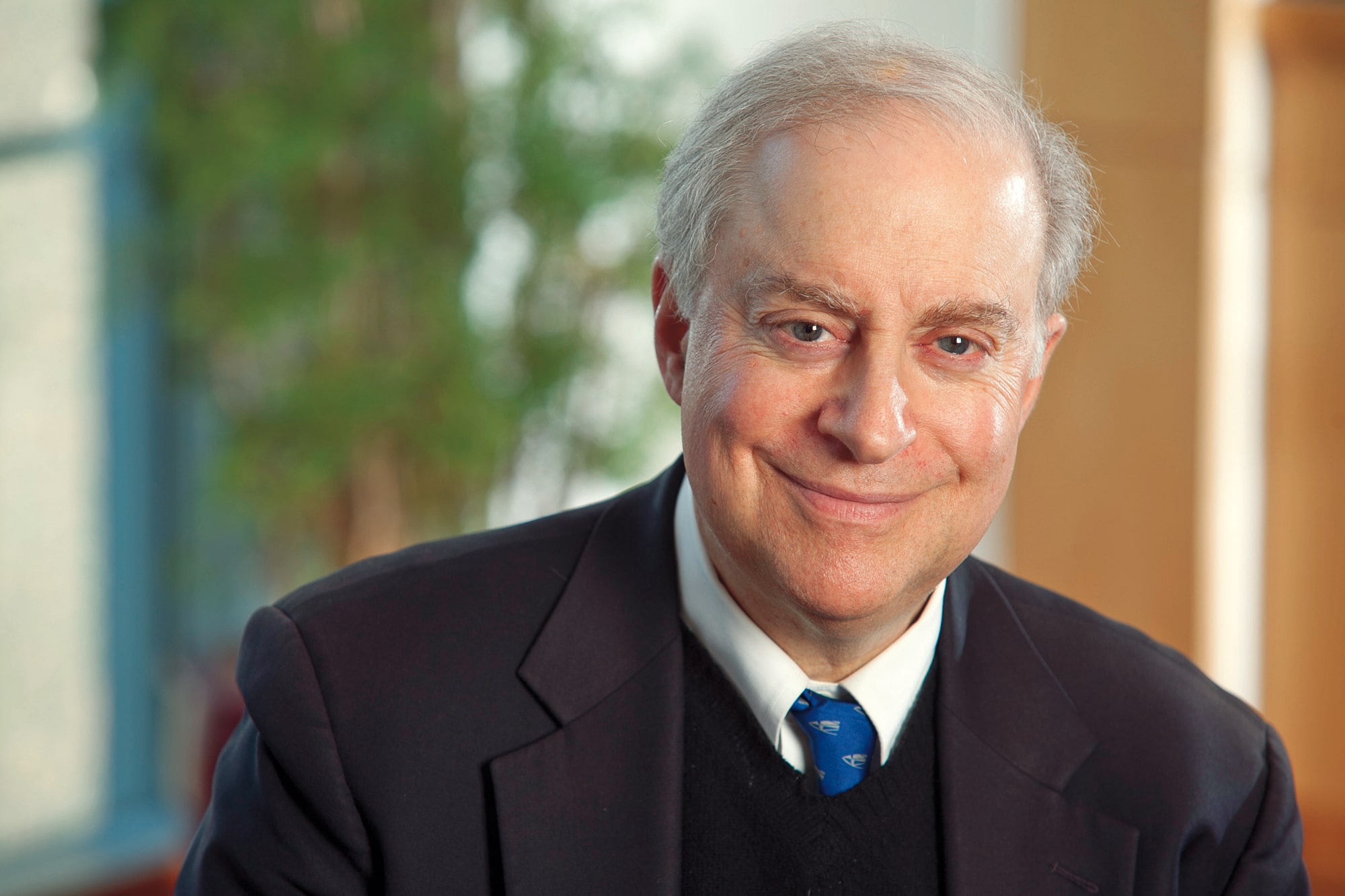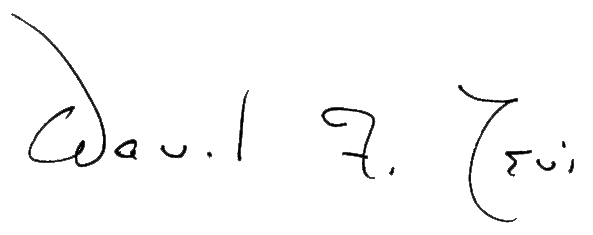
In this edition of Judicature, published during a difficult time in our national history, we look at enduring themes and new, pressing challenges. The American Judicature Society, founded in 1913 and then disbanded and reconstituted some 100 years later, worked to preserve and advance judicial independence and the jury trial. The Society expanded the use of the Missouri system — a merit selection process involving a nonpartisan nominating commission and retention elections — for selecting state court judges. It also sought to preserve the American jury system through research and reform. In its long history, Judicature has published many articles about the jury trial and how to improve it. This edition follows suit.
In October of last year, the Rendell Center, under the leadership of Judge Marjorie Rendell, held a conference on judicial independence at the University of Pennsylvania. Retired U.S. Supreme Court Justice Anthony M. Kennedy, University of Pennsylvania President Amy Gutmann, and others addressed us. My talk from the conference is reprinted here. Attacks on judges are not new, but today they have a rancorous quality that is not typical and that reflects the divisions and harsh discourse in the greater society. We must take up the defense of our judiciary so that judges can remain outside of the fray. In my view, perhaps the greatest danger to an independent judiciary would be to draw judges into the political disputes of our time.
This edition also includes a piece by three of our finest thinkers about civil procedure —including two former chairs of the Advisory Committee on Civil Rules for the federal courts — calling upon us to bring back the 12-person civil jury. As they explain, a 12-person jury is far more representative and reliable than a smaller jury. The number of jury trials in state and federal courts continues to decline, reducing the number of people who are able to serve on federal jury trials. This further isolates the courts and alters the nature of the system, which was designed for decision-making by the community, not just judges.
Of course, in the time of COVID-19 it is hard to conduct any jury trials, criminal or civil. In our “Coping with COVID” series, jointly produced with The American Law Institute, we talk to judges and others who are trying to keep our legal system functional and accessible during the pandemic. One possible silver lining may be that judges and administrators are experimenting with online platforms and new ways of doing business. As Michigan Chief Justice Bridget McCormack said in an early episode of the series, “This is not necessarily the disruption we wanted, but I think it’s the disruption we needed.”
We also look at policing in America, in particular the disturbing use of excessive force by some police officers. As our nation re-examines policing and disparate racial treatment more generally, we discuss the problem of excessive force with the mayor of Chicago, the police chief of Houston, the reporter for the ALI’s Principles of the Law, Policing project, and the vice president of the Leadership Conference.
It is fitting and inspirational that we include in this edition a discussion with the 2020 Bolch Prize winner, former Deputy Chief Justice of South Africa Dikgang Moseneke. His extraordinary life and legal career teach us the possibility of reconciliation and restoration based upon the rule of law, our shared aspirations for justice and equal treatment under law, and our common decency.
I send best wishes to all for a restful and safe summer.

David F. Levi
Director, Bolch Judicial Institute